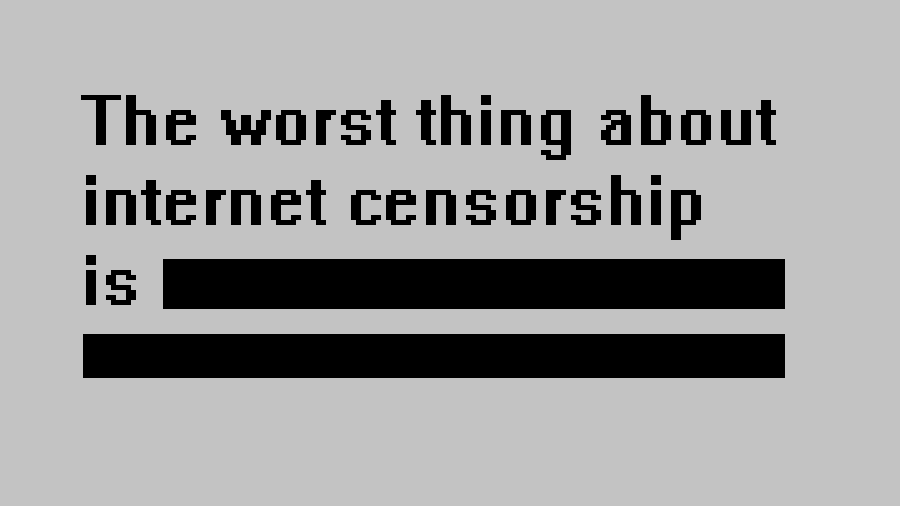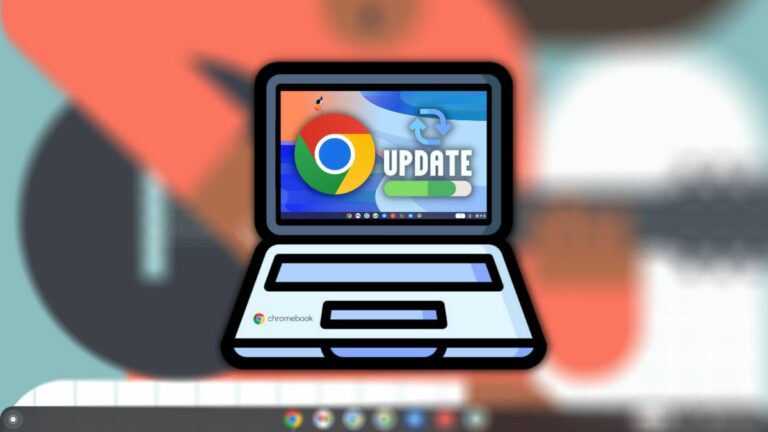What To Do If A Particular Website Is Not Opening On The Internet?
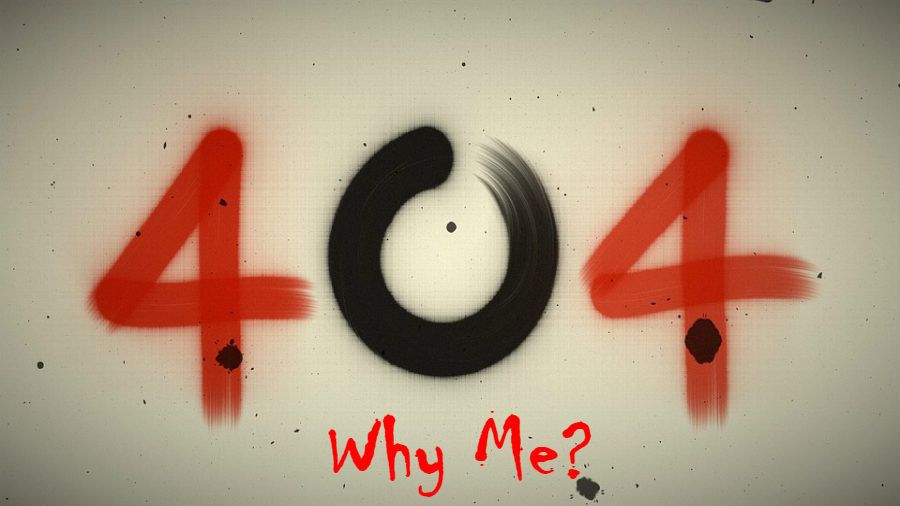
There can be many reasons why a specific website is not working on the internet. These include the issues with the web browser, website, internet service provider, bad DNS server, etc. You can fix these issues using Tor, VPN, custom DNS, etc.
The situation becomes very irritating when you’re not able to open a particular website on the internet. Initially, you type the URL in the address bar; then, you head over to Google and other search engines one by one. If you’re desperate enough, you might go on to try other web browsers installed on your computer, and that includes Internet Explorer.
There can be multiple reasons why you’re not able to open a particular website using an internet connection, even if it’s a high-speed broadband connection.
Check Website Status
Before going ahead and telling you about the possible reasons why a specific website is not working, I would recommend you to check and confirm the website status. There are many free online services that’ll help you get a better idea of what’s going on. This will also tell if a particular website is down globally or just you.
You can use websites like Down For Every One Or Just For Me and Is it Down Right Now? to check if the website is working for everyone in the world except you.
Now, the next step involves looking at the various scenarios and fixing the problem.
How to fix website not working?
1. Geographic Restrictions
The chances are high that the website you want to visit fell in the internet censorship pit dug by the government. It is no surprise that governments across the world block various websites from working, which they fear would turn people against them.
Another possibility is that the website itself has withdrawn services in your country for some reason. For instance, the license restrictions associated with the content hosted on the website.
Try to access the website using your friend’s internet connection or other networks. If it fails to load, it will also confirm that your region is denied access to that website. In the case of government-led restrictions, a message is displayed when someone tries to open a website.
Solution: You can get past such restrictions using various proxy servers, The Onion Router (Tor), Virtual Private Network (VPN), and Google Translate.
Just in case the service provider/website isn’t serving content in your country, you can look up their contact and send them an email. This will bring the situation to their knowledge, allowing them to work on the issue.
2. Server issues causing website to not working

Every website is hosted on some web server. It can be a powerful workstation placed at someone’s home or a cloud web server living inside a data center.
There can be multiple reasons a server might run out of service and eventually the website. For instance, a power outage, a DDoS attack, or a hardware issue. In the case of data centers, the chances of a power outage are significantly less as they have different backup options.
Solution: There is hardly anything you can do in this case. Except, you’re willing to go to the data center and repair what’s broken.
But, if you have some means to contact the website via email or helpline, you can notify the site operators, asking them to take care of the issue.
3. Issues with your web browser
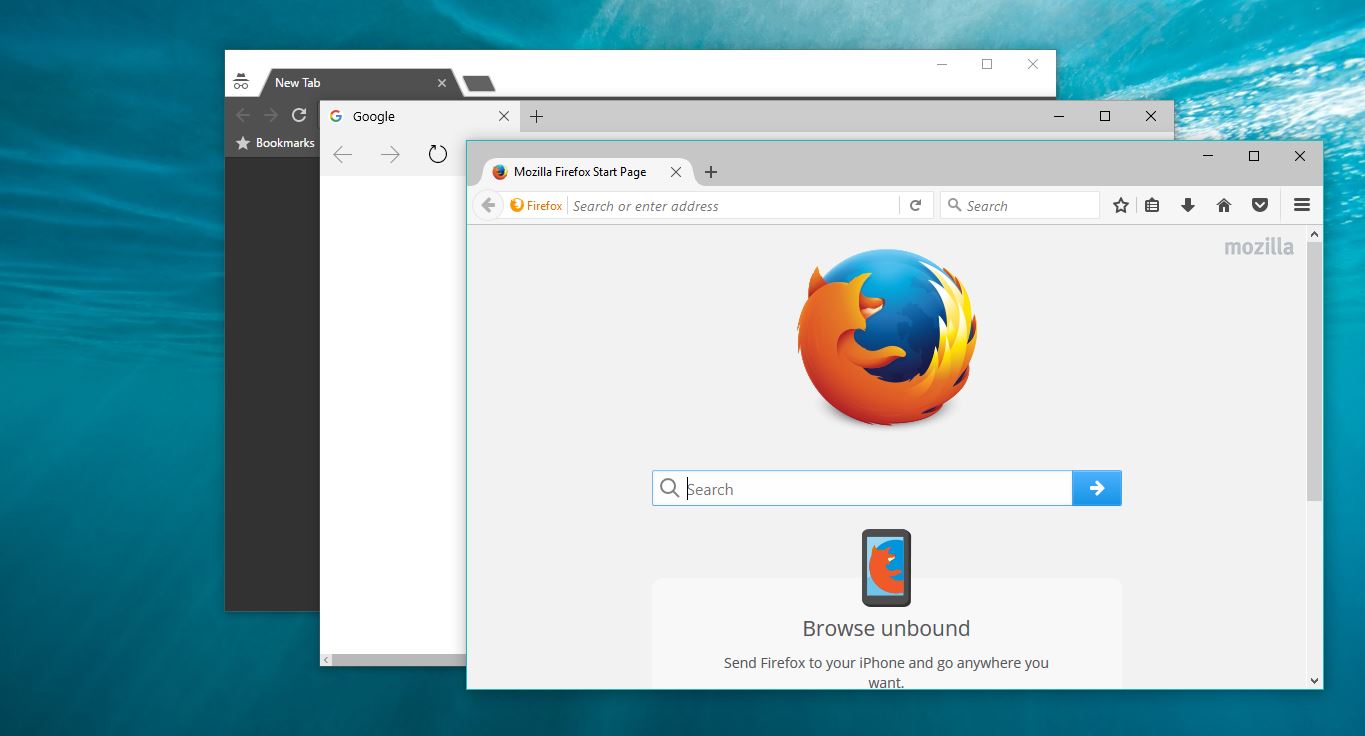
For almost every website you visit, your web browser stores some data in the form of cookies, cache, certificates, form data, etc., on your computer. The website uses this data to identify you on your future visits. Also, stored cache on your computer saves your internet bill because your browser doesn’t have to download the website data every time. The chances are that something bad might have happened with those cookies and the cache.
Solution: You can fix a specific website not working error by clearing the cookies and cached data stored by your web browser. If it still doesn’t work, try uninstalling the web browser. Use CCleaner to remove the leftover files and reinstall the web browser.
Many websites include Javascript in their code. If you configured your web browser to block Javascript, a website might not load properly or not load at all. Also, have a look at the extensions installed in your web browser. One of them might be blocking websites to promote their own content.
4. Issues with your computer
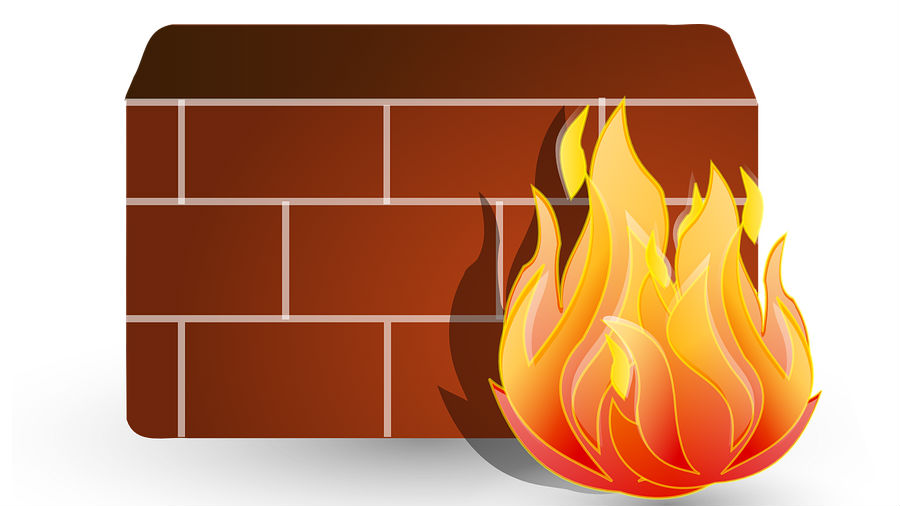
Your own machine can be responsible for blocking websites. It can be your firewall stopping your web browser from connecting to a particular website. Also, the antivirus software running on your machine might be acting as a hurdle in the way of you and the website you’re trying to access. One more thing — never install more than one antivirus program on a computer.
Solution: You can disable the firewall (not recommended) on your system and see if the website loads or not. If you’re connected to a corporate network, the network admin decides what goes in and out of the firewall, which is separate from the firewall of your OS. In this case, using the Tor browser might be helpful for you.
Another option is to flush the DNS cache using the command prompt in Windows. Run CMD in admin mode and use the command ipconfig/flushdns to reset the DNS resolver cache.
5. Issues with your router
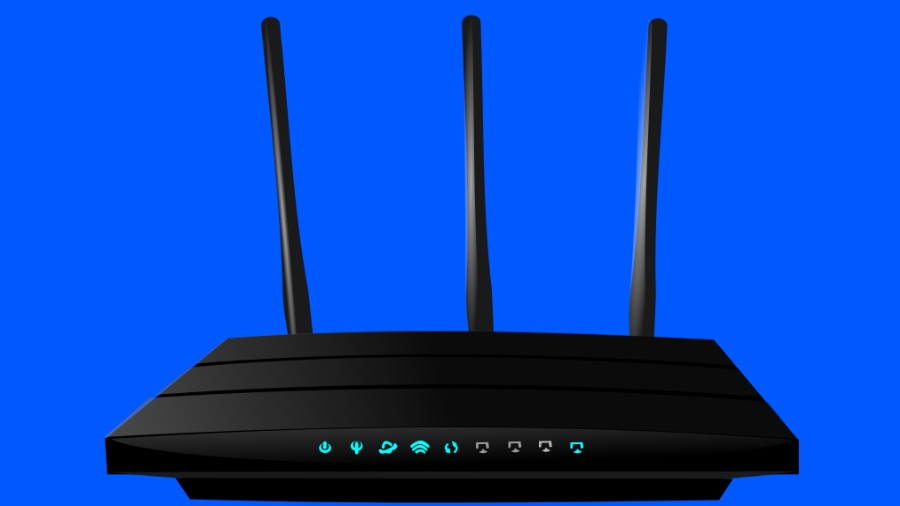
All the data you download and upload on your computer passes through the router placed in your home or somewhere else. The router might be experiencing some problem establishing a connection with the website you’re trying to access.
Solution: The simplest thing you can do is restart the router using the power button. If the problem is still there, you can reset the router to factory settings. Resetting a router is not easy as it sounds, don’t take the matter into your hands if you don’t know what you’re doing. Call your ISP’s customer support to help you out.
Many modern routers come with URL filtering options to block websites. Someone in your house might have added the website to the filter list.
6. Issues with the DNS server
By default, every website address you type on your computer is resolved using the DNS server maintained by your internet provider. Sometimes, the server might not be efficient enough to deal with all the requests it receives from customers’ computers. Thus, it fails to return the IP address for the websites. It can be one of the main reasons you cannot access a particular Internet site.
Solution: If your ISP has a bad DNS server, you can switch to another. There are many free-to-use DNS servers available for public use. For example, the Google Public DNS and OpenDNS. You can read this article if you want help configuring the DNS on your Windows machine.
If you have something to add, let us know in the comments below.
Also Read: How To Access Blocked Websites? 10 Easy Ways To Bypass Them
FAQs –
Why are certain websites not working?
This can be due to DNS servers going down or facing some issues. This can prevent users from accessing a certain website even on different browsers. You can fix this by flushing your DNS cache or changing your DNS server.
Why some websites are not working in any browser?
This can be due to your Internet service provider blocking access to these websites. This can also depend on your country of origin which can be fixed by using a VPN.

